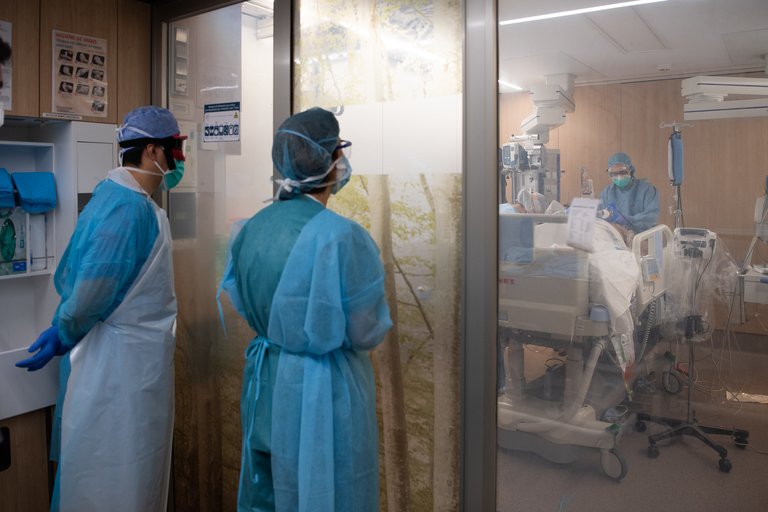They analyze the consequences of interruptions in health systems due to COFUNCTIONAL -19

International researchers have shown that the influence of COWEAK-19 on health services has caused restrictions on the population's health surveillance. Research, published in the journal Nature medicine, has shown that the greatest restrictions have occurred in screening and diagnosis of cancer, tuberculosis and HIV (26-96%).
The study analyzed two low-income countries (Ethiopia and Haiti), six middle-income countries (Ghana, Lao People's Democratic Republic, Mexico, Nepal, South Africa and Thailand) and two high-income countries (Chile and South Korea) between January 2019 and December 2020. Despite efforts to maintain health services, fluctuations of different sizes and duration have been found in all countries, with no clear models being found based on country income or the intensity of the pandemic.
As already mentioned, the greatest restrictions have been in the diagnosis of cancer, detection of tuberculosis and HIV. In England, it is estimated that the delay in breast cancer diagnoses will increase mortality by 8-10% over a period of 5 years. In the case of tuberculosis, the symptoms can be confused with those of the COWEAK-19, which has sometimes caused patients to remain at home without going to health services. The impact of social distance on TB and HIV transmission is unclear. However, the supply of HIV antiretrovirals was not interrupted.
All outpatient visits declined between 9% and 40% in 2020, due to the interruption of services, fear of contamination, the limits of mobility… On the other hand, in half of the countries there were decreases between 5% and 33% in maternal health services and also in child vaccinations. Although these interruptions were short-term, researchers believe that the vaccines of all abandoned children would not be recovered. In addition, Chile and Mexico experienced strong decreases in contraceptive methods (52% and 87% respectively).
Significant decreases have also been observed in mental health care in Chile and Mexico. It is significant that only three countries, the two mentioned and South Korea, have provided data on mental health. However, some countries launched specific mental health care programs, such as special telephone numbers in Mexico and South Africa.
By the end of 2020, half of the countries were severely cut, while significant fluctuations continued in early 2021. Therefore, researchers conclude that it is essential to establish plans to improve the resilience of health systems to be prepared for future emergencies.
Buletina
Bidali zure helbide elektronikoa eta jaso asteroko buletina zure sarrera-ontzian











